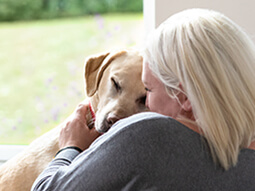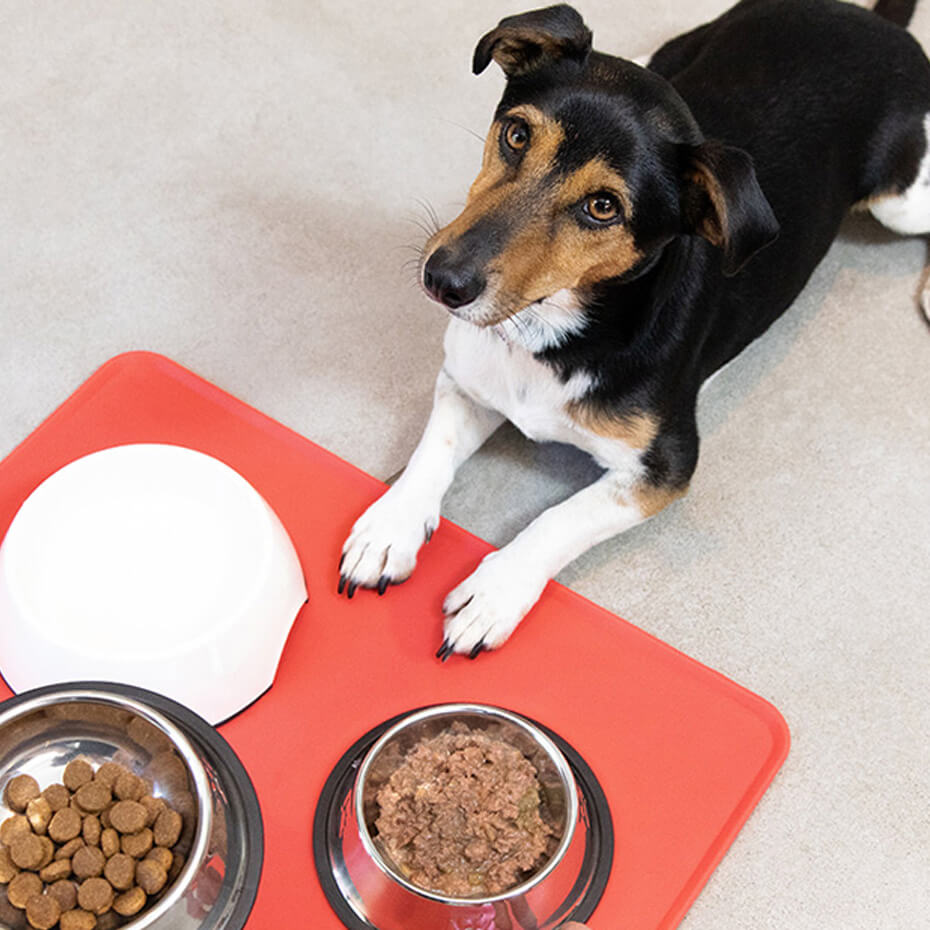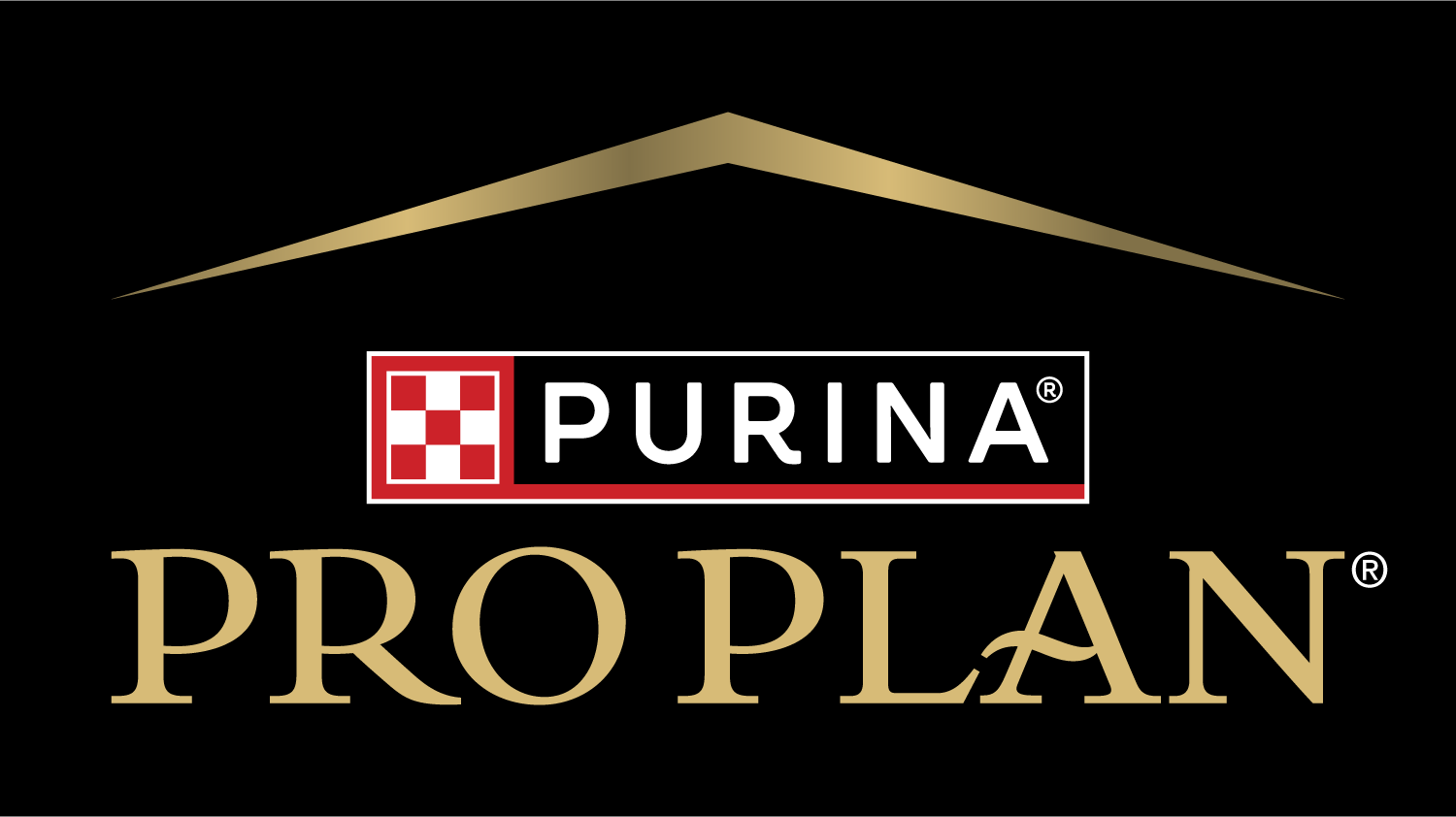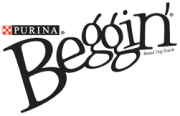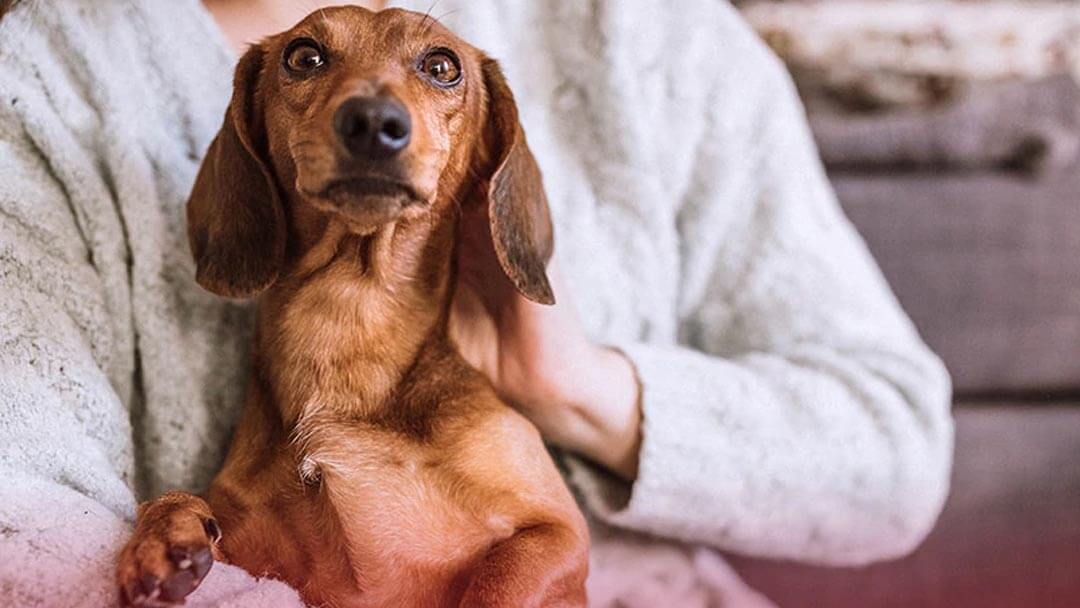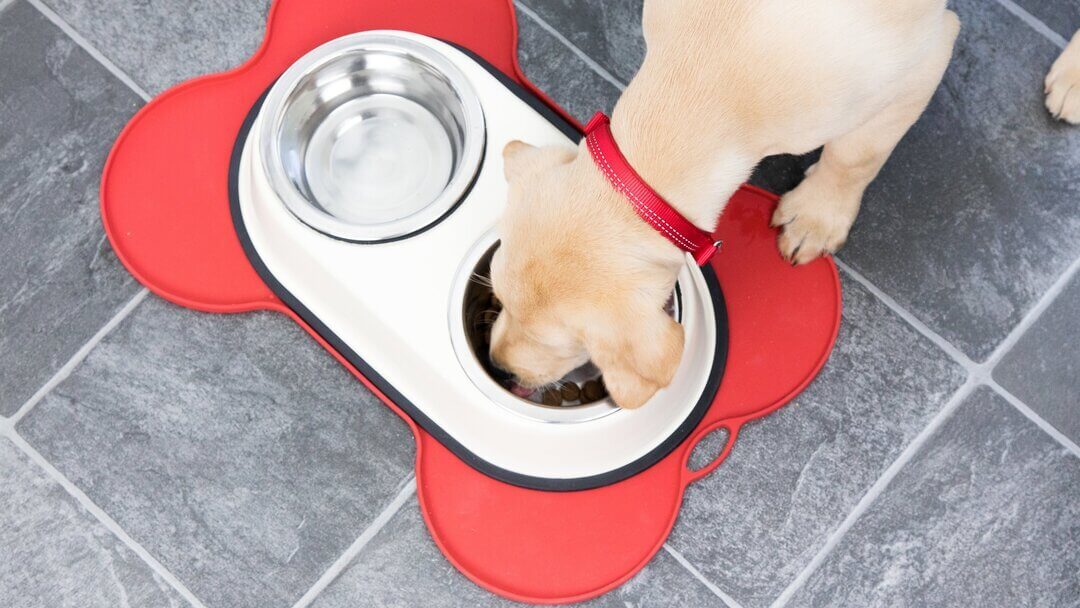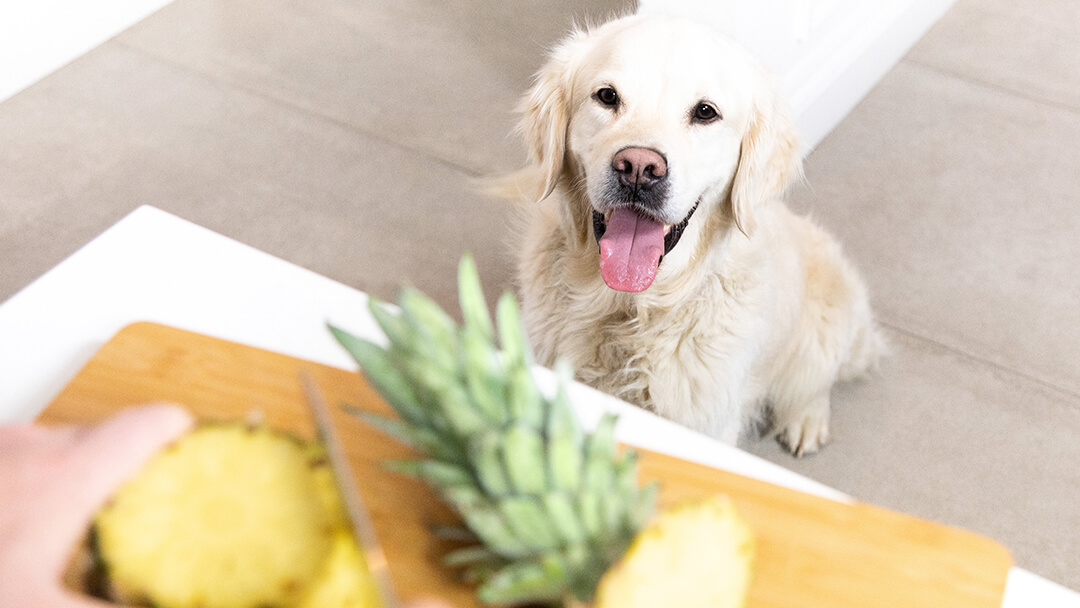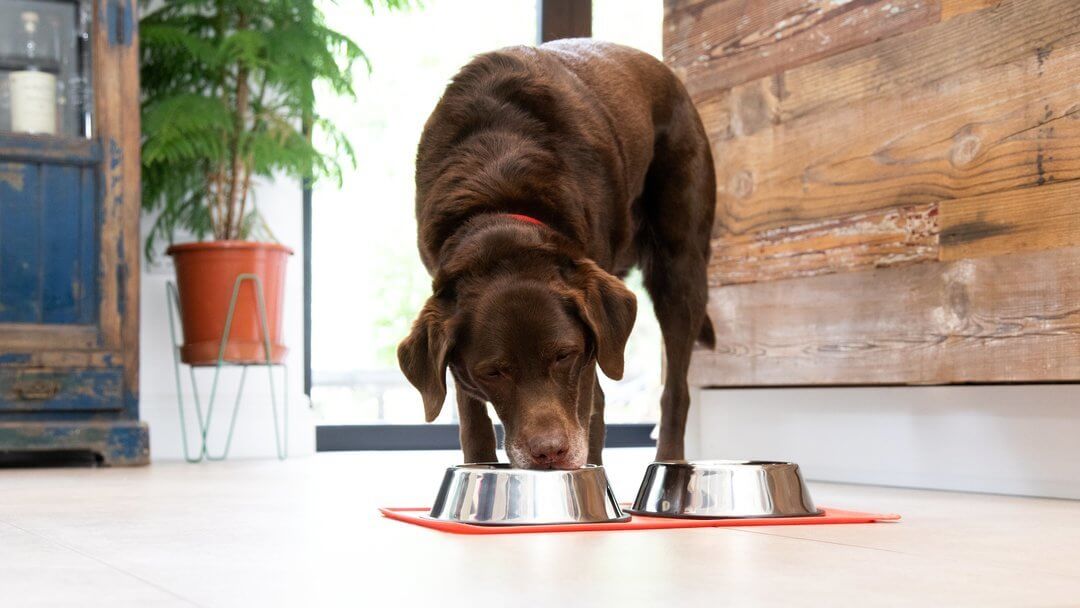
Feeding your small dog
How to meet your small dog’s feeding needs, to keep him physically strong and visibly healthy.
Your small dog is unique. He might share the same nutritional needs as other dogs –protein to help him grow and thrive, carbohydrates for energy, and vegetables for vitamins and fibre – but his size makes him very special. Small dog breeds, such as the Shi Tzu, Jack Russell terrier and Chihuahua, have very particular nutritional needs and your small dog’s ideal feeding plan will depend on his age, his breed, his lifestyle and how active he is.
Small but mighty
A super-fast metabolism means that small dog’s burn energy much faster than large dog breeds. They need more calories per kilogram of body weight, so it is very important that you choose a nutritionally complete feeding plan that is calorie-rich and specially designed to suit the needs of small dogs – particularly when your young small dog is still growing and developing.
Essential ingredients
Active small dogs need a feeding plan with quick-release energy sources – these include high quality animal or fish protein sources (such as beef, chicken, turkey or salmon) and easy-to-digest carbohydrates. The essential fatty acids, omega 3 and 6, are another important ingredient because they keep your small dog’s kidneys healthy, help to boost his immune system, promote good brain and eye development, and maintain his glossy coat.
Mealtimes with bite
Small stomachs and little mouths give small dog breeds a healthy appetite – especially at the puppy stage when your small dog will use up the energy from each meal in a matter of hours. Feeding little and often – up to three or four meals a day – is advisable. Your small dog will appreciate nutritionally complete dry recipes with smaller pieces of crunchy kibble and/or moist meals with small chunks of meat and vegetables – either of which will be easy for your small dog to chew and digest.
Live long, live well
Many small dogs mature quickly, age more slowly, and live longer than large dog breeds. Some small breeds may be considered an adult from around eight months old, and many small dog breeds may live to the age of 15 or more. This means that your small dog could spend a large proportion of his life as an active adult dog. Although small dogs are less prone to putting on excess weight, your vet can guide you to the ideal weight for your small dog. Choosing recipes with lean protein sources such as turkey, pork and chicken can help to keep your small dog fit and trim at every stage of his long and happy life.
